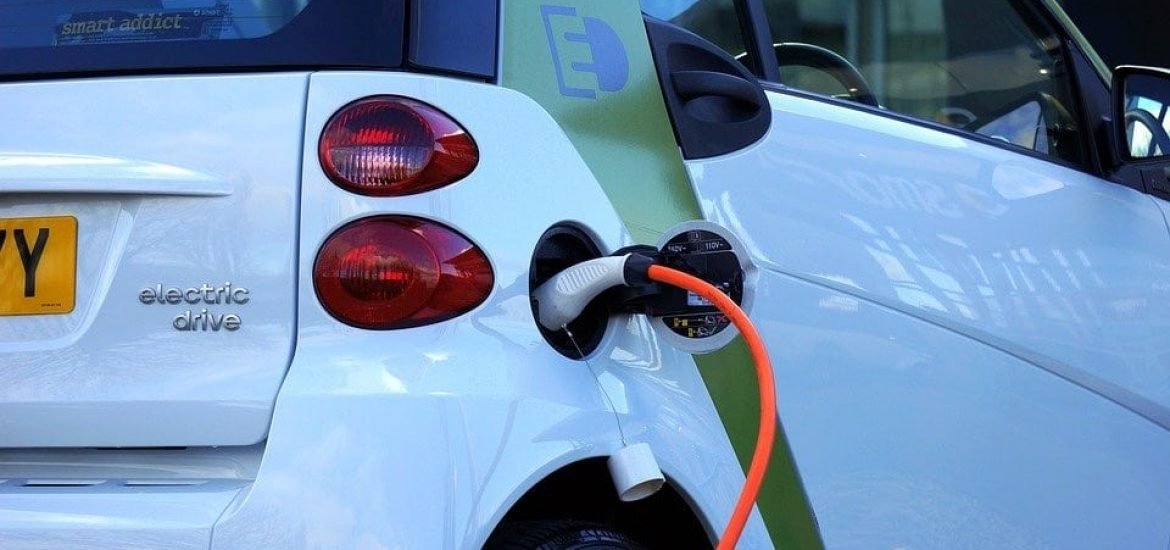
Discounts for charging electric cars at strategic times could help solve morning traffic jams. Researcher at the University of Groningen, The Netherlands, used game theory to develop an algorithm to understand drivers’ behaviour and determine the best way to offer affordable electric cars charges to avoid traffic jams.
If all owners of electric cars charge their vehicles after work, inevitably, this causes a peak load on the grid. And, similarly, if all commuters start their journey just before 9 am, this behaviour causes a peak load in the road. It’s been impossible to change this behaviour for all drivers, but this may actually be the wrong approach. PhD student Carlo Cenedese from the University of Groningen, the Netherlands, used game theory to produce an algorithm that estimates just how to convince enough electric car drivers to change their behaviour, to prevent both a peak load on the grid and a peak load on the road.
Game theory has been around for 100 years, and it typically studies how players in a game make decisions. Decision-making for drivers is a complex issue: it isn’t always rational, and many factors can play a role. “In general, people will try to make rational decisions. However, from sociology, we know that they also tend to imitate the behaviour of successful players of the game”, said Cenedese.
When the researcher applied this principle to early morning traffic congestions, the most efficient way to prevent traffic jams was to offer cheaper charges to electric car owners willing to stop during their morning commute. “If we could entice users of electric vehicles to get off the road by offering them a discount on charging, this could help traffic flow”, said the researcher. Simulations with actual data between The Hague and Rotterdam seem to suggest that removing some of the electric cars would have an incredibly positive impact on the traffic. “And the cost of the discount would be minor compared to the many millions of euros currently spent on reducing traffic jams”, added Cenedese.
After his analysis, the researcher devised a system to solve this “game”, and it would actually be straightforward to implement. Cenedese suggested an app offering commuters a small incentive to start their commute a little later and attract electric car drivers to stop during their morning travel to get a cheaper charge. “In many cases, a short stop at the charging station would increase travel time only marginally, while the overall effect on traffic flow is substantial”, concluded Cenedese. “Of course, someone has to pay for the incentives. And you need a system to alert drives to these incentives.”
Carlo Cenedese’s thesis can be found here: https://research.rug.nl/nl/publications/multi-agent-network-games-with-applications-in-smart-electric-mob
(1) Cenedese, C. (2021). Multi-agent network games with applications in smart electric mobility. University of Groningen. https://doi.org/10.33612/diss.166885555